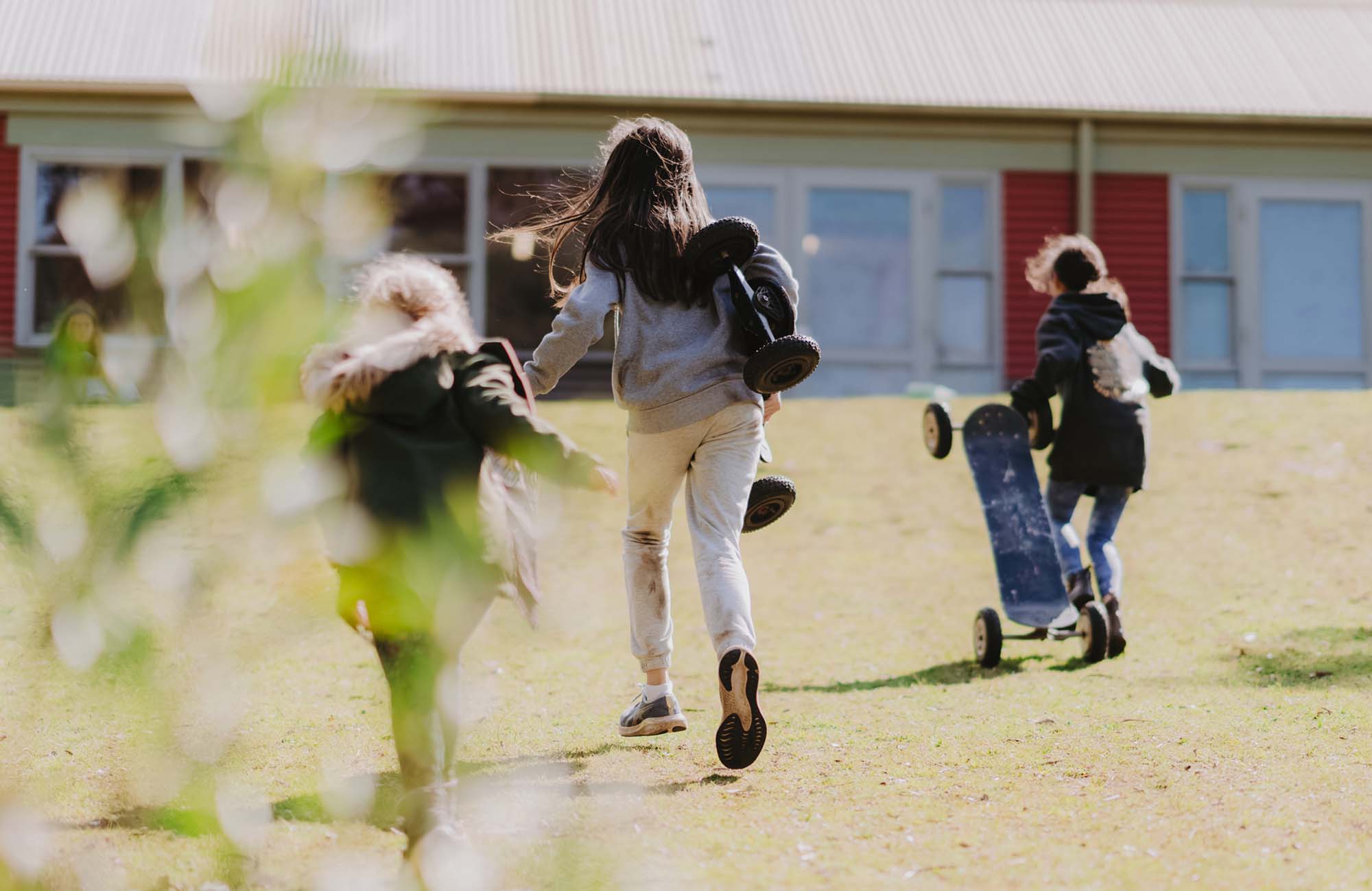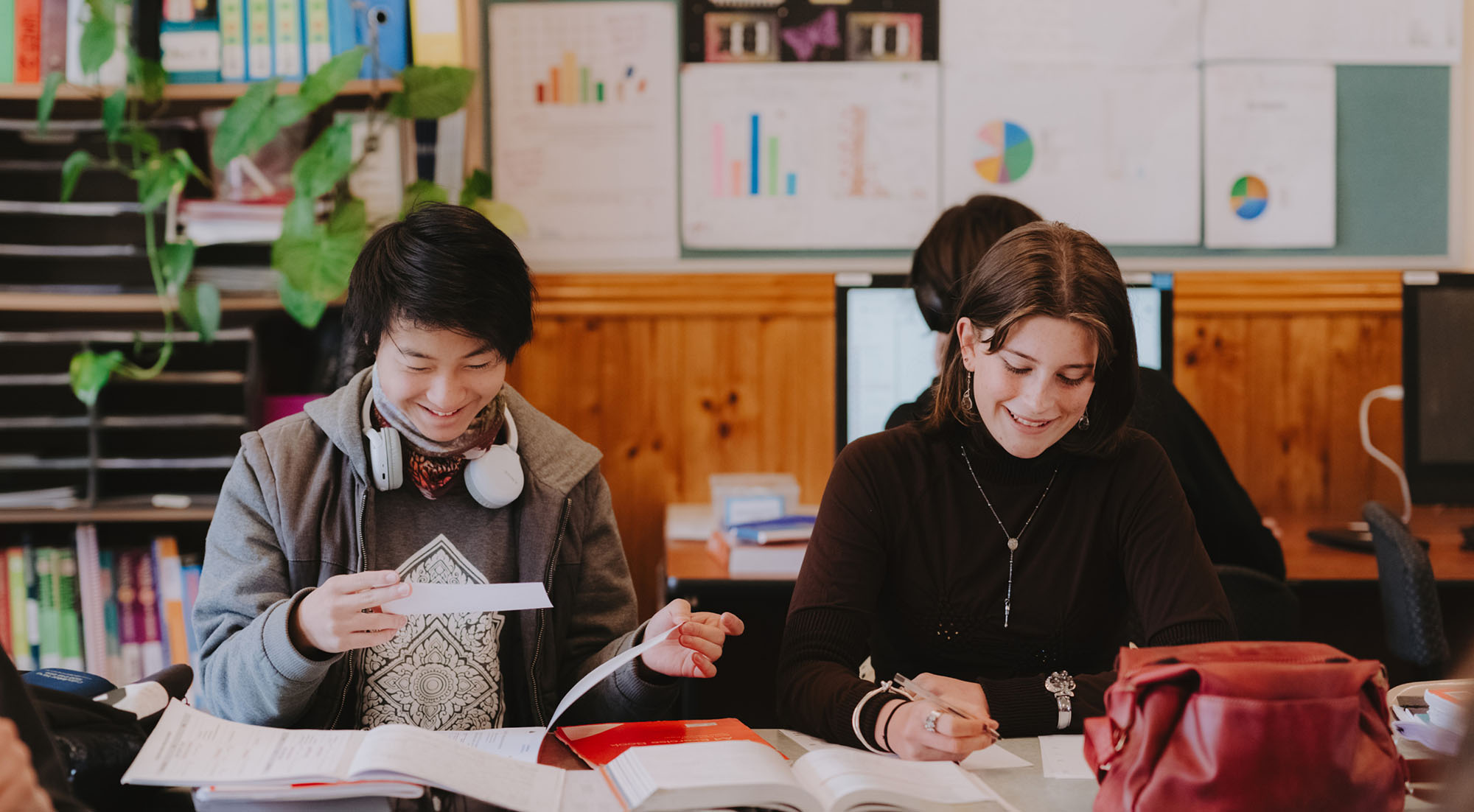
Application
We cater for up to 280 students at our Alice Miller campus and 190 at our Candlebark campus. We prioritise enrolments in this order:
- Siblings of current Alice Miller or Candlebark students.
- Prospective students from the local area who we feel would be a good fit for the school, and who have been on the waiting list for some time.
- Prospective students from outside the local area who we feel would be a good fit for the school, and who have been on the waiting list for some time.
- Prospective students who have recently joined the waiting list who we feel would be a good fit for the school.
Please note that entry to Candlebark guarantees a place at Alice Miller; no separate application is required.
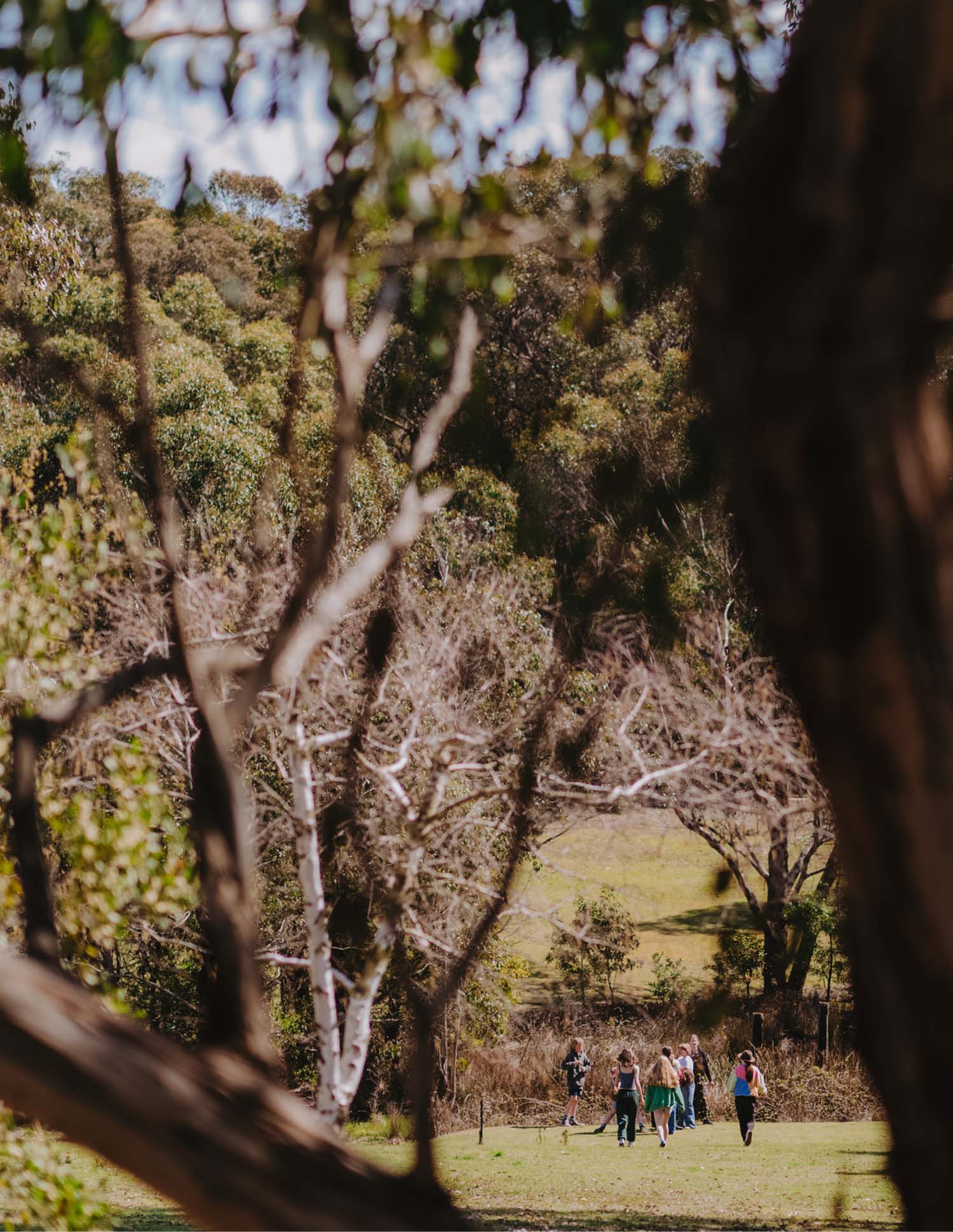
We strongly encourage prospective families to attend a school tour prior to making an application. If you’re interested in attending a school tour (held at least termly), please express interest via the School Tours page.
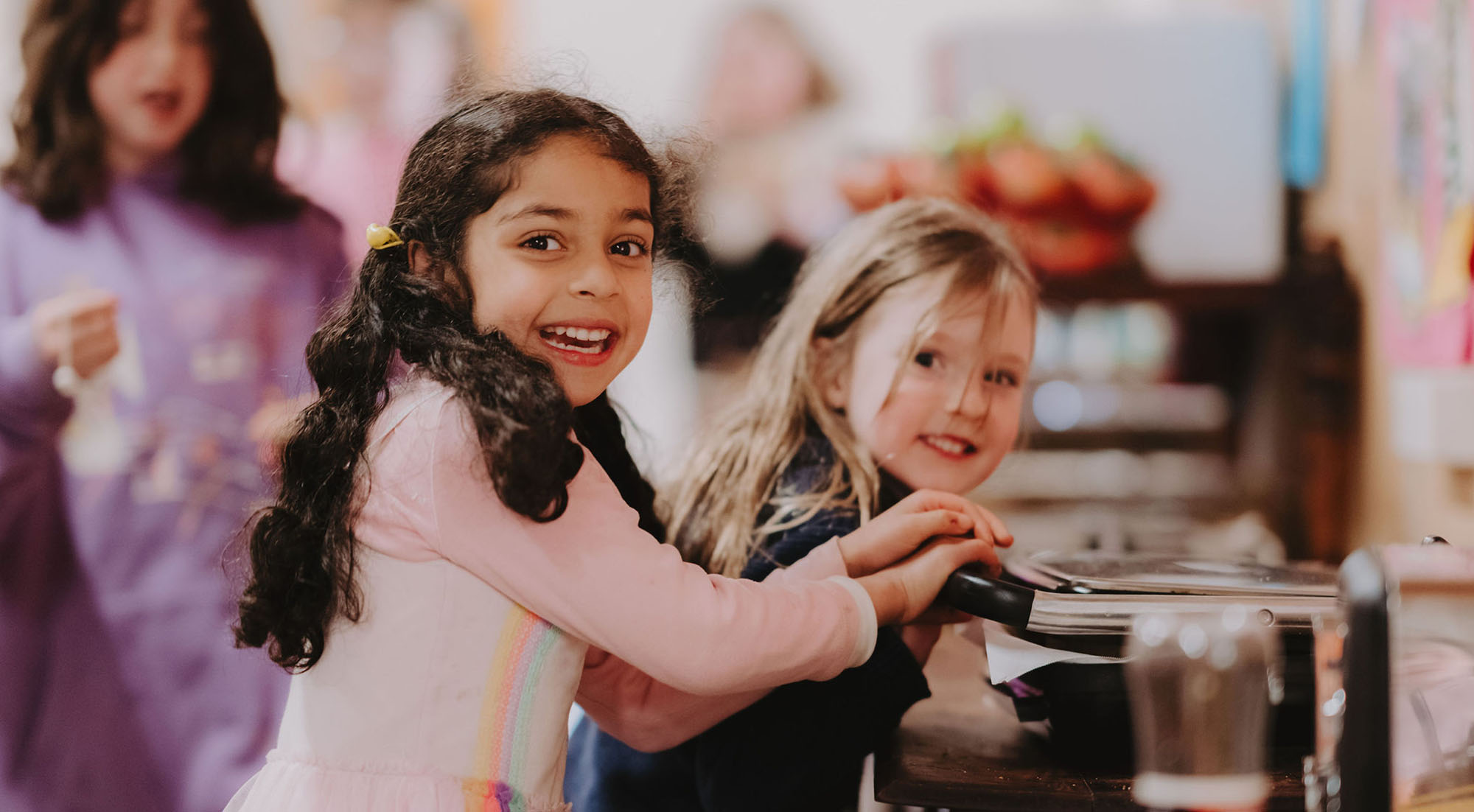
Fees
The fees for 2026 are:
$15,172 for Prep to Year 6.
$15,672 for Year 7 to 10.
$16,660 for Years 11 and 12.
Fees are all inclusive of camps, excursions, books, stationery, food and bus conveyancing, with the only costs not covered being instrumental music lessons and the Year 10 six-week Big Trip.
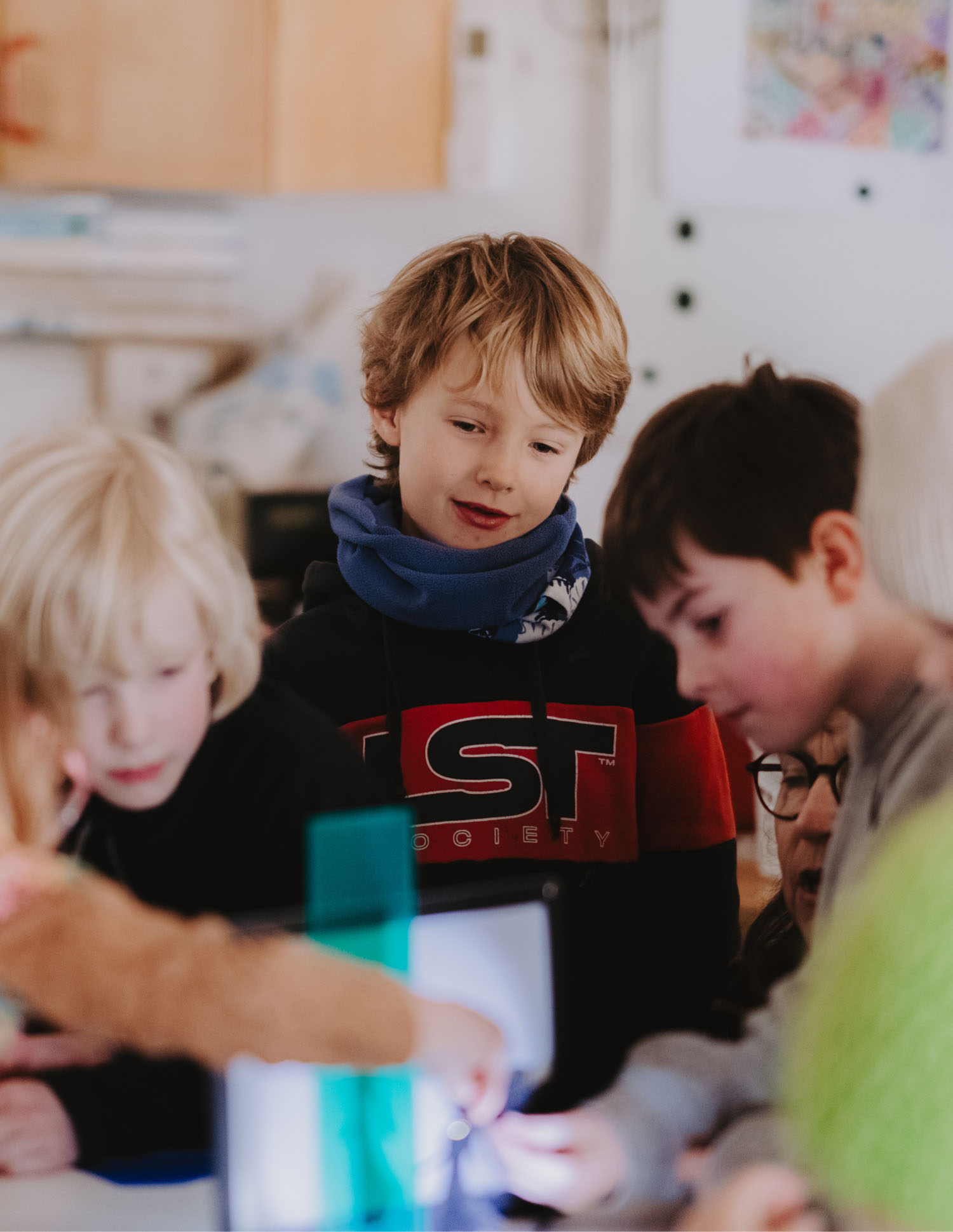
Term dates 2026
Term 1: 29 January to 1 April
Term 2: 21 April to 26 June
Term 3: 20 July to 24 September
Term 4: 13 October to 17 December
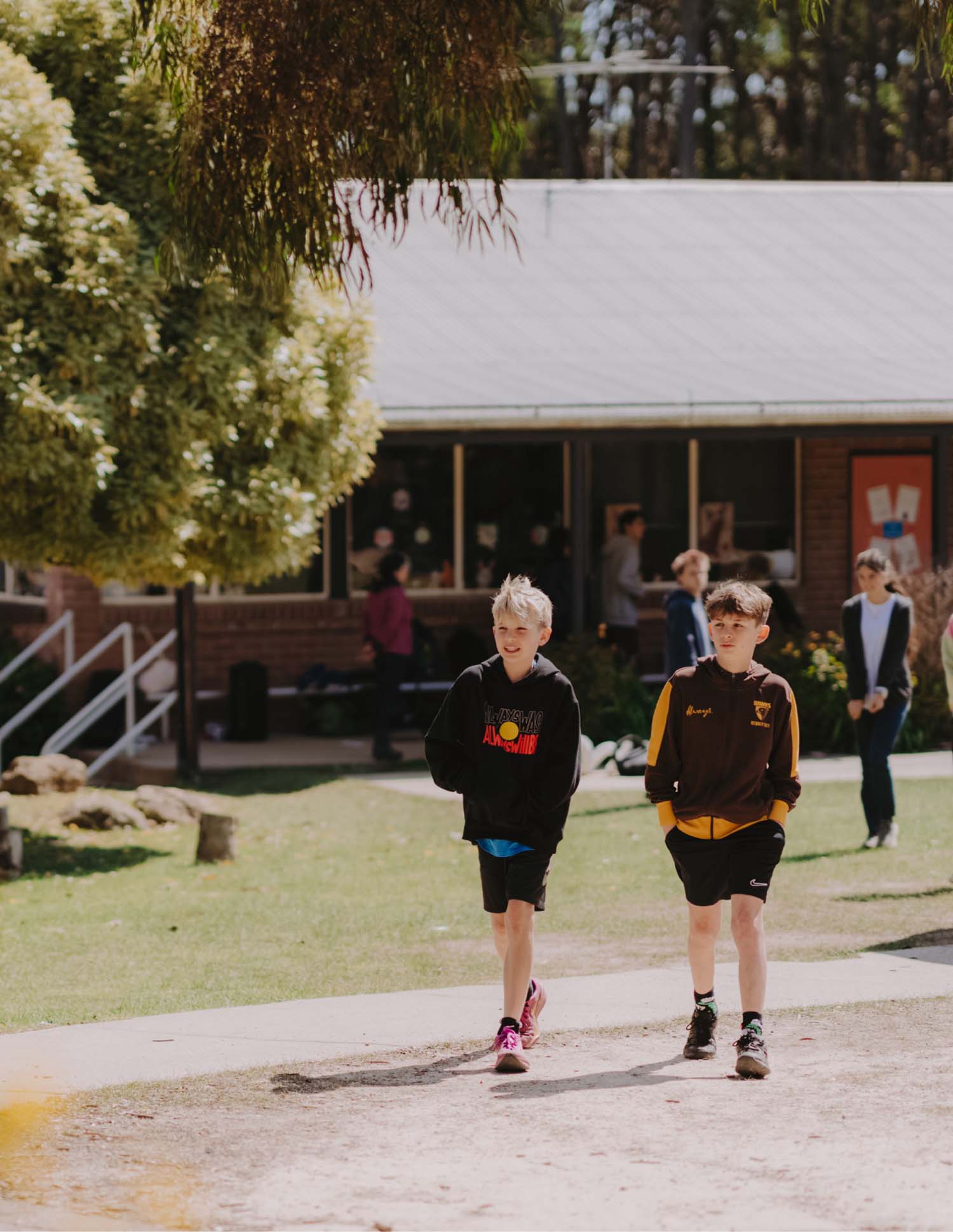
School Transport
We provide buses to and from Sunbury, Gisborne, Riddells Creek, Newham, Woodend, Macedon, Kyneton, Lancefield and Romsey each day. Alice Miller School students frequently make use of the Bendigo V-Line train and travel from further afield.

School Tours
We strongly encourage prospective families to attend a school tour prior to making an application. If you’re interested in attending a school tour (held at least termly), please express your interest using the link below.
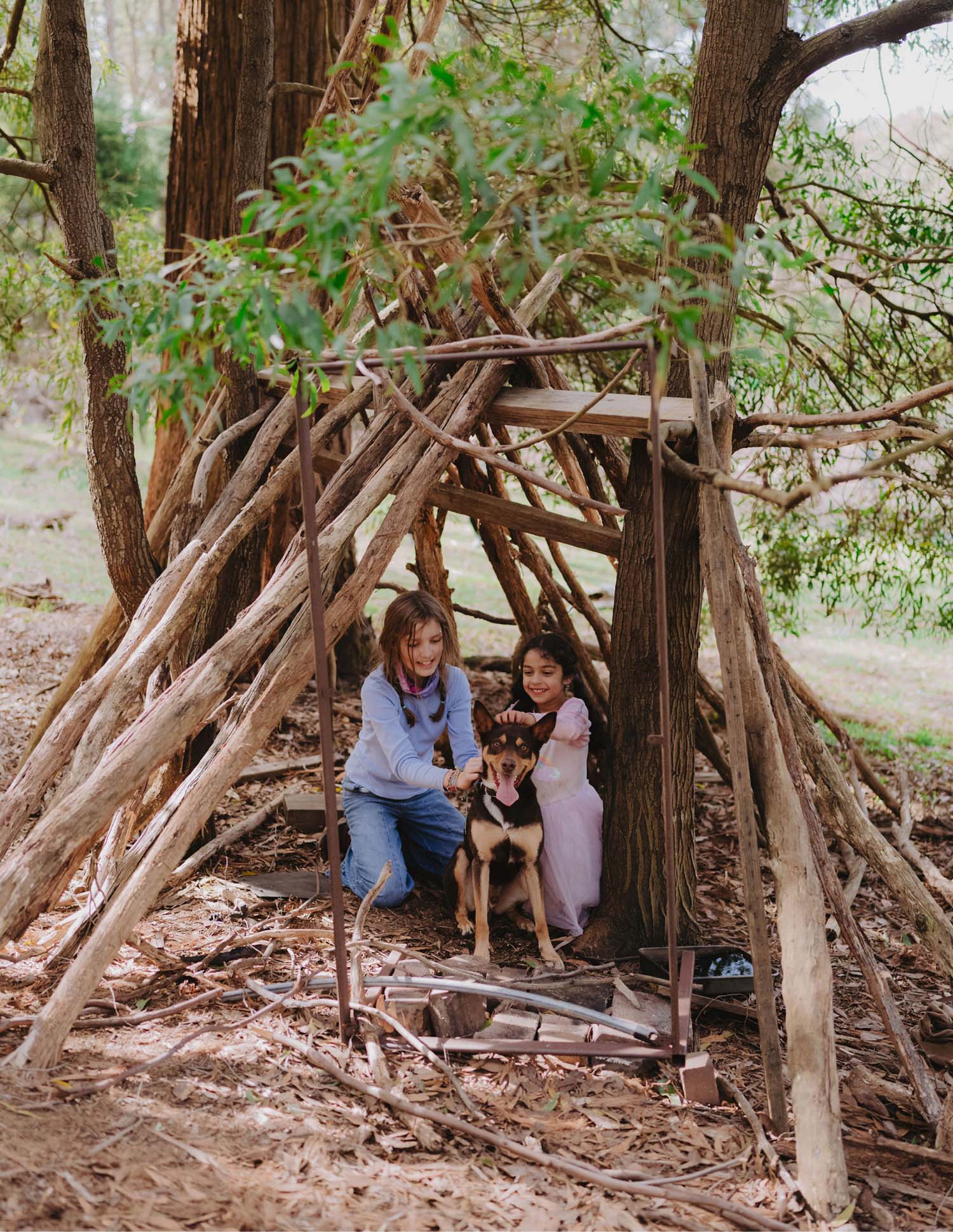
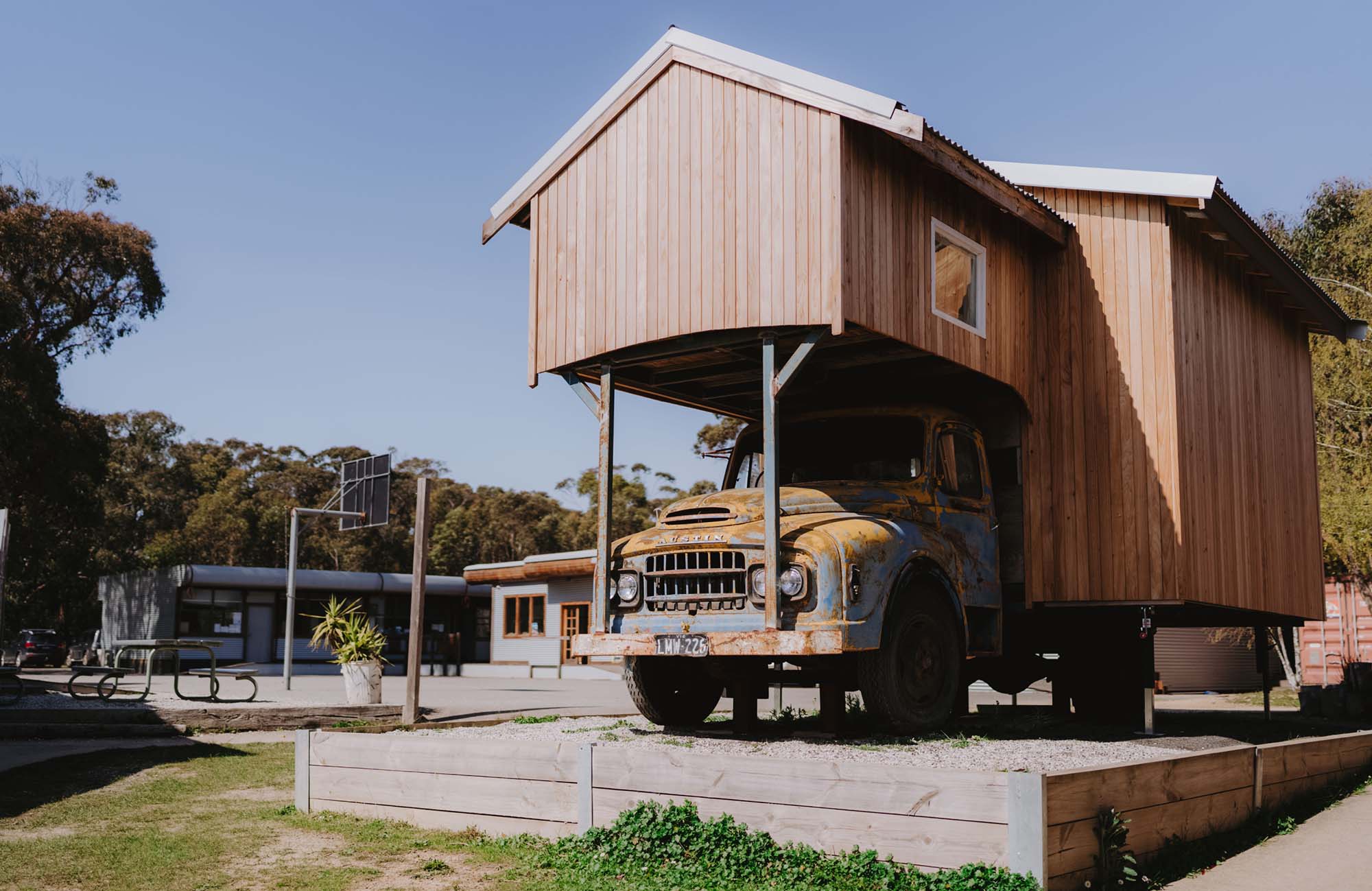
Are you sure we are the right school for you?
Please recognise that we will not suit everybody. If you are not comfortable with the items on this list, we will not be the right school for you.
- We encourage an active engagement with the world. That includes using public transport to explore Melbourne, playing in the school’s extensive gardens and 1100 acres of bush, riding bikes, climbing trees, going on many camps and trips.
- We’ll be direct, honest, thorough and responsible in communicating information to students about sex and relationships, appropriate to the students’ age and developmental stages.
- We encourage students to use toasters, stoves, blenders, microwaves, and cutlery.
- According to our assessment of students’ maturity and abilities, we may teach them to use axes, log splitters, saws and other tools.
- Similarly, we may teach students how to light fires, and may expect them to start and maintain fires in fireplaces, and fuel stoves in classrooms.
- We comfort students who are upset, we hug, we’re tactile. We may play rambunctious roughhousing games like British Bulldog or Capture the Flag.
- During maintenance activities students may be up ladders, changing light globes, using hammers, vacuum cleaners and electrical tools.
- We assess children who want to come here, but previous academic success or failure is not a factor in that assessment. Destructive and/or self-destructive behaviour is a factor. We’re very pleased to see evidence of creative interests, selflessness and empathy in students who apply for places.
- We don’t provide written reports on students at the end of every term, semester or year. But we are always happy to supply such reports on request, or to meet with parents and children to discuss progress.
- We are very happy for parents to be involved in the day-to-day life of the school, in all kinds of rich, exciting and rewarding ways. However we are not happy with parents who want to impose their own agendas on the school, and we don’t tolerate parents who attempt to bully the school, teachers, or other students.
We are out and about A LOT. Our students attend multi-day camps from Prep. In Year 10, our students attend a six-week trip, usually to an international destination. There is very minimal parent contact during this time – usually no more than a collection of emails sent home. Like the rest of our schooling model, this camp is phone-free.
Of course as teachers it is up to us to raise students to a level where they can engage in the activities mentioned above in a safe and mature way. That is what a teacher does. That’s what the word ‘teacher’ means. “Aim not where they are, but where they should be.”
